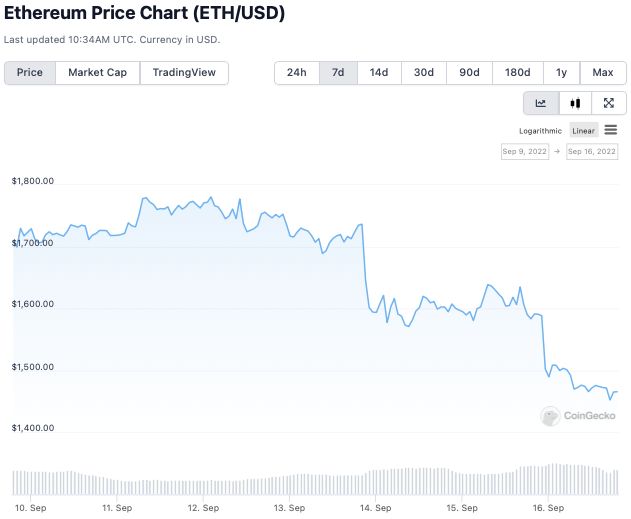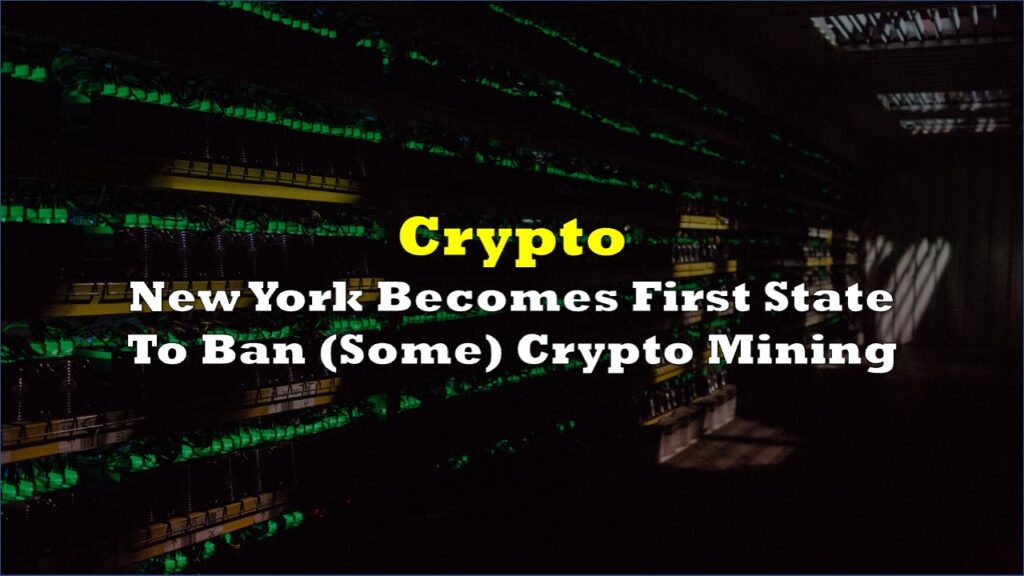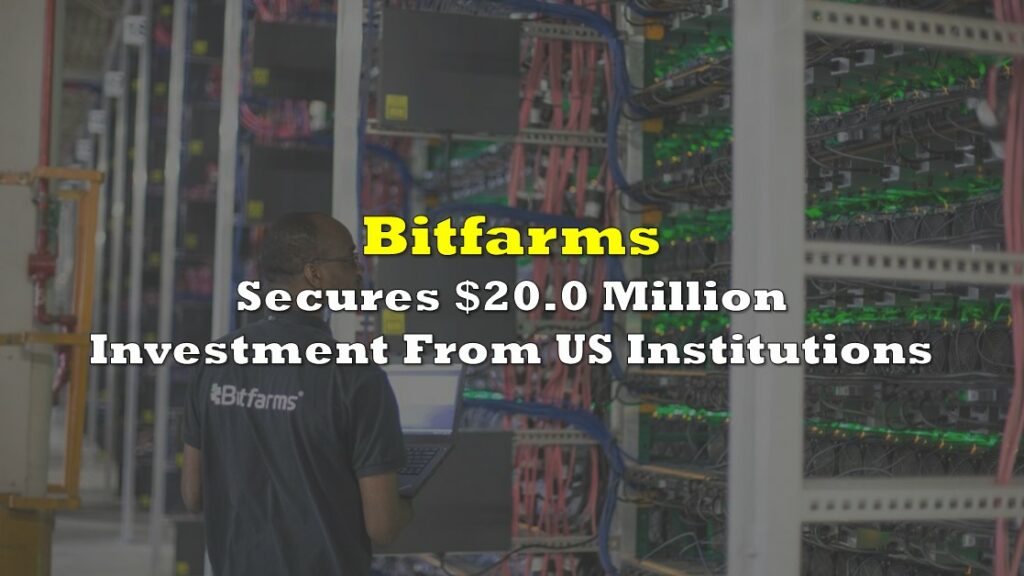It seems there’s a lot more at stake with Ethereum’s software update to a staking model based on the US Securities and Exchange Commission’s earlier comments on the consensus system.
SEC Chairman Gary Gensler commented on how crypto holders who “stake” their coins through a proof-of-stake (PoS) model might be considered as an investment that anticipates profits–essentially making it a security under the legal precedent Howey test. Should that be the case, issuers of ether will be within the regulatory body’s purview and will also be required to file disclosures like how a stock issuer would.
“From the coin’s perspective…that’s another indicia that under the Howey test, the investing public is anticipating profits based on the efforts of others,” Gensler said.
He added that if a platform offers staking services to its customers, it “looks very similar—with some changes of labeling—to lending.”
Ethereum’s update to a staking model, dubbed as Merge, merges the blockchain’s PoS Beacon Chain with the existing Ethereum Mainnet. Compared to proof-of-work (PoW) model, PoS validates coins by leveraging on already existing tokens—the factor that could be considered as an investment for future expected return.
The move is expected to cut back Ethereum’s energy consumption by 99.9%, addressing one of the crypto industry’s biggest concerns. Following the Merge, the crypto’s price fell sharply, reaching below the US$1,500-mark.

For the same “security identity” concern, MicroStrategy’s Michael Saylor touted the “superiority” of bitcoin over other coins like ether.
“Regulators & legal experts have noted on many occasions that Proof of Stake networks are likely securities, not commodities, and we can expect them to be treated as such over time,” Saylor argued, adding that it “makes no sense” to compare the mechanism to that of bitcoin, which is mined through a PoW model.
The question of identifying if a crypto asset is a security or a commodity is the same one Coinbase Global (Nasdaq: COIN) is asking the SEC and prodding it to delineate the guidelines for. Chief Policy Officer Faryar Shirzad previously argued that the current securities rules “do not work for digitally native instruments.”
“They don’t work for tokenized debt. They don’t work for tokenized equity. They don’t work for crypto. And that’s a major problem,” Shirzad added.
Regulatory bodies have been intensifying their campaigns to regulate the crypto space. The SEC and the Commodity Futures Trading Commission have reportedly put forward a proposal to require hedge funds to report their bets, including exposure to cryptocurrency. Meanwhile, the US Federal Reserve released an additional set of guidelines for banks that plan to conduct cryptocurrency activities, requiring the financial institutions to notify them of the act before it transpires.
Information for this briefing was found via The Wall Street Journal and the sources mentioned. The author has no securities or affiliations related to this organization. Not a recommendation to buy or sell. Always do additional research and consult a professional before purchasing a security. The author holds no licenses.









